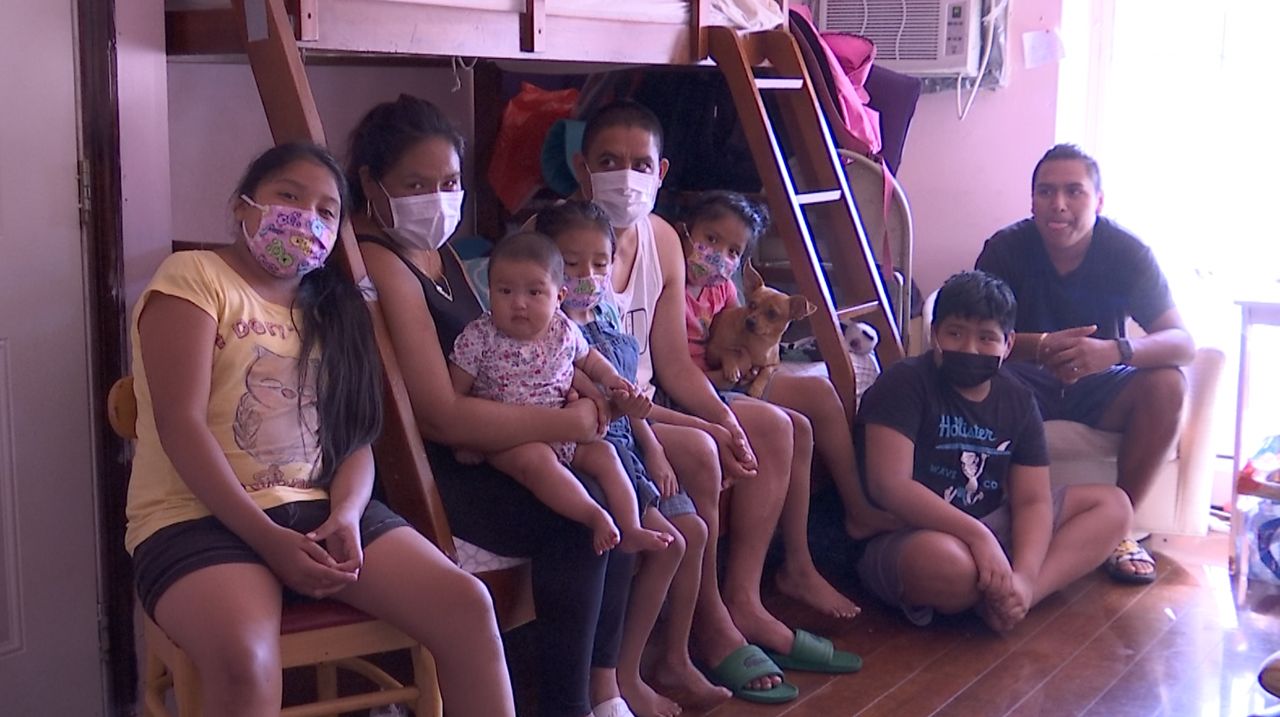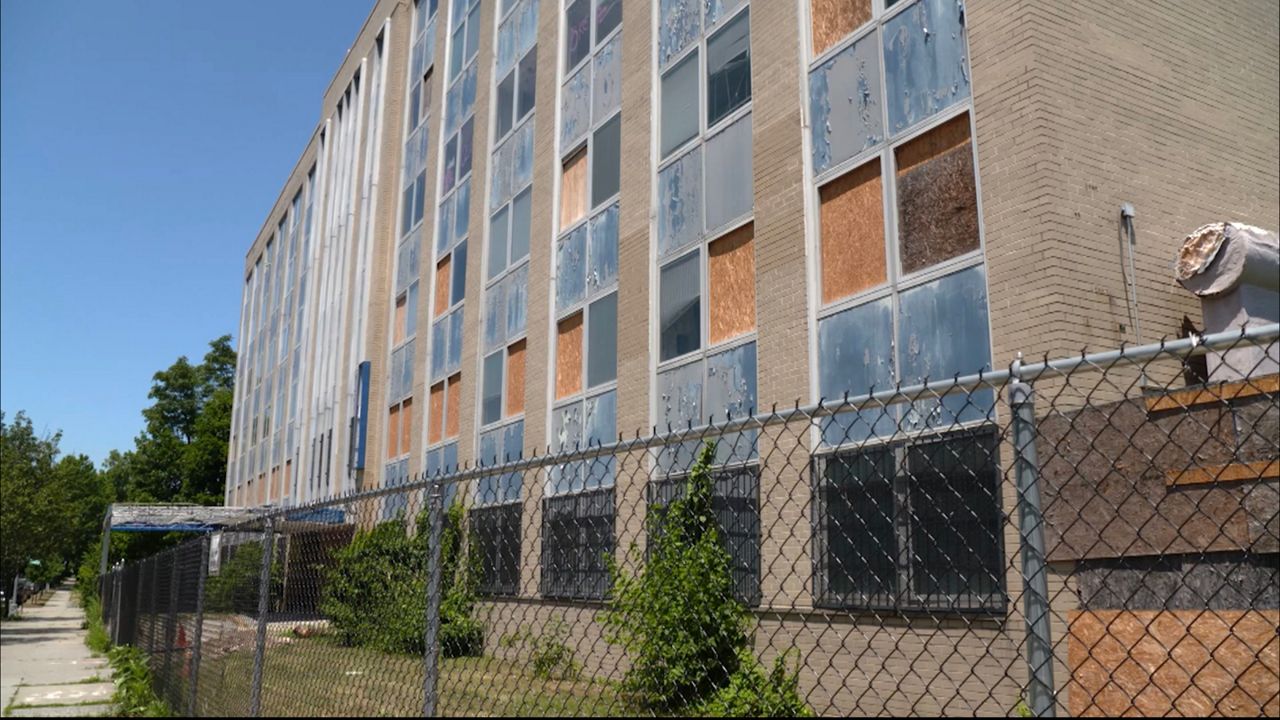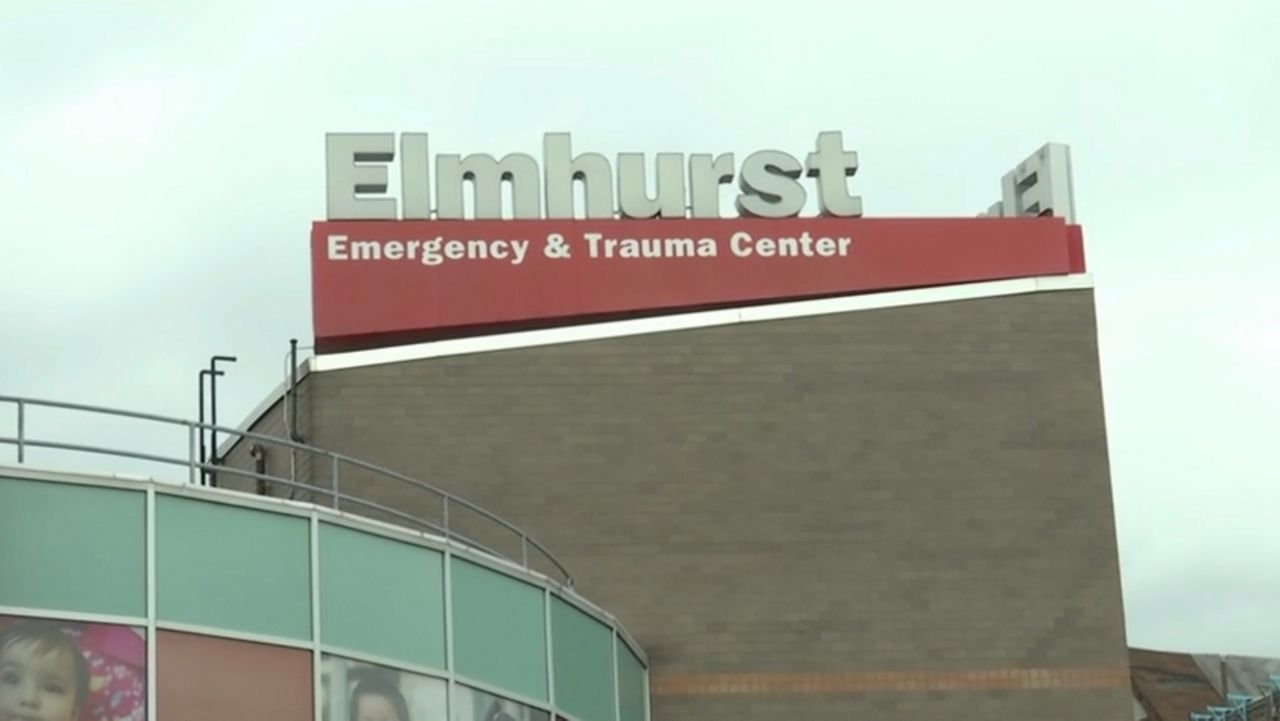From genteel farms upstate, to a struggling city neighborhood 330 miles away, all battered by the Coronavirus crisis.
"We are all poor and with no jobs. We don't have enough to survive,” said Bryan Hernan, a Queens resident who lined up for a food distribution Friday.
The line for the free food stretched for more than five city blocks in East Elmhurst Friday.
The immigrant community has been ravaged by COVID-19 — thousands have tested positive for the virus here and in surrounding neighborhoods, one of the hardest-hit sections of the city.
Compounding the health emergency — an economic crisis. Many low-income workers have been thrown out of work and are struggling.
"I have more than one month without a job therefore it has been difficult for me to maintain my family,” said Lazaro Mejia, a Queens resident.
"I only have $20 a week. With that I can only buy tortillas and maybe even a pack of eggs. Nothing else,” said Guadalupe Hernandez, a Queens resident.
State Senator Jessica Ramos organized the food giveaway, with help from farmers upstate, bringing 34,000 pounds of fruits, vegetables, meat and dairy to her district.
She says the turnout shows just how dire the situation is.
“We’re really starting to see the effects of the economic crisis with so many people out of work, and little access to fresh food,” said Ramos.
Keith Kimball, who owns La Casa de Leche, a dairy farm in Groveland, a small town east of Buffalo, says his farm makes normally donates food to nearby pantries. But once local farmers learned of the need in New York City — they came together to help. Some farms have excess food because of business disruptions, for example restaurants closed because of the pandemic.
“Everybody pitched in and came to the table and found donated good we could send down to New York City,” said Kimball.
Back in Queens, the donations allow about 700 families here — to add fresh items to their diets — while the farmers are donating food that would otherwise go to waste. Ramos helped to organize the upstate to downstate food delivery because of her connections to the farming industry.
“We’re able to help them move product because they’re not able to sell a lot of this product and well here in the epicenter of this pandemic, we need this food,” said Ramos.
Because the need is so great, Ramos is planning on distributing fresh food weekly every Friday — as well as serving hot meals every Saturday.









